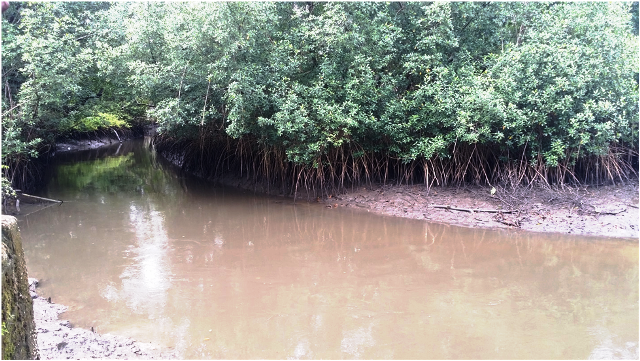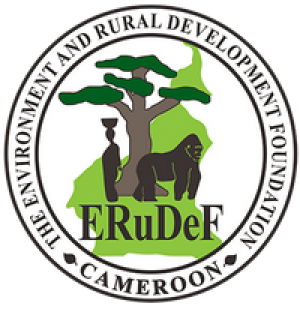
The Bakassi mangrove is one of the very rich and diverse ecosystems in Cameroon with the propensity to stabilize coastlines, protect communities from storms, provide critical habitats for many animals, store vast amounts of carbon, refill groundwater, ensure water purification, provide income, protection and food for local populations amongst others If managed.
Unfortunately wanton exploitation by most coastal areas communities are increasingly threatening the very existence of mangroves. Governance framework and law enforcement are still too weak to adequately prevent resource degradation and ensure sustainable management and the efficient and equitable use of resources. It is against this backdrop that the United Nations Environment Programme (UNEP) and her partners like the Ministry of Environment Protection of Nature, and Sustainable Development (MINEPDED), Environment and Rural Development Foundation (ERuDeF) and others are engaged in a project for the conservation and sustainable use and management of Bakassi ecosystems through integrated ecosystem management plans and valuation dubbed Participative Integrated Ecosystem Services Management Plans for Bakassi Post Conflict Ecosystems (PINESMAP-BPCE), focused on Institutional and stakeholder capacity building.
In a bid to realise this goal, ERuDeF has conducted a training need assessment at both the institutional and community levels in 5 sub divisions in the Bakassi Area. These subdivisions include Isangele, Bamusso, Kombo Itindi, Kombo Abedimo and Idabato. The IESMP practitioners involved are key staff of MINEPDED, MINFOF, MINEPIA, MINDCAF, and other key stakeholders which include community based organizations, mayors, chiefs, traditional councilors, fishing and farming groups amongst others, and a cross section of the local population. Knowledge and training gaps of these groups of stakeholders have been identified and training modules and sensitization tools under development.
With the ground works already done, stakeholders in mangrove ecosystem exploitation in the Bakassi area will in the coming months have their capacity built on integrated ecosystem management which will lead to ecosystem restoration and consequently a boom in economic development. This capacity building will target individuals, organized local communities, government agencies and administration, private sector and CSOs in order to equip them to embark on an integrated natural resources management approach.
Meanwhile policies, laws and regulations and the institutional and individual capacity will be strengthen to create an enabling environment for the first ever implementation of an integrated ecosystem management approach in the region that will support sustainable natural resource use and poverty alleviation. It is believed that if both state and private sector institutions and stakeholders indulge in sustainable management and use of mangrove resources, the trend of degradation observed could be reversed.
Akeh Nug
